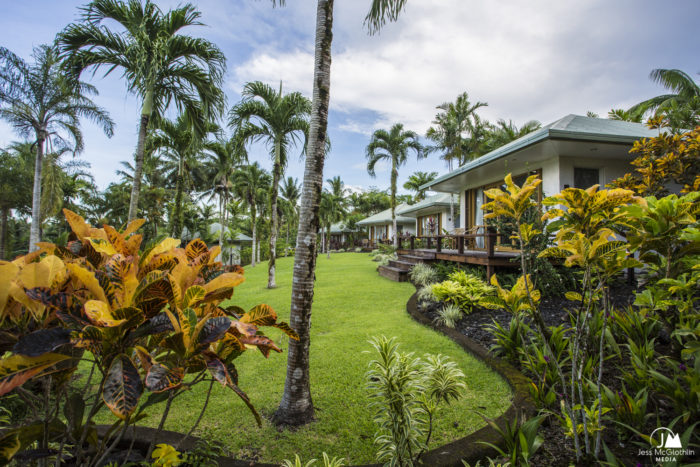
I’m notorious for being that person who is a zombie on the plane back to Bozeman after a trip. Travel means work, and work means long days and very little sleep… good light has a way of showing up during those hours we’d rather be in bed, and long-exposure night shots are surprisingly brutal in certain conditions. Whether your trip is a three-hour drive or a thirty-hour flight away, it can be hard to stay in top condition. Time zone changes, exposure to new viruses and bugs, sleeping away from your cozy, familiar bed — all these things can lead to you feeling a little run-down and possibly even getting sick.
Over the years I’ve developed a few routines that help. Sometimes getting sick on the road is inevitable (there was that week-long shoot in Belize where I got the flu and bartered a spare coffee thermos to a ferry operator in exchange for DayQuil). It happens. But here are a few things you can do to be proactive and feel in top shape at your destination. After all, when there are fish to catch, trails to climb and planes to catch, who has time to be sick?
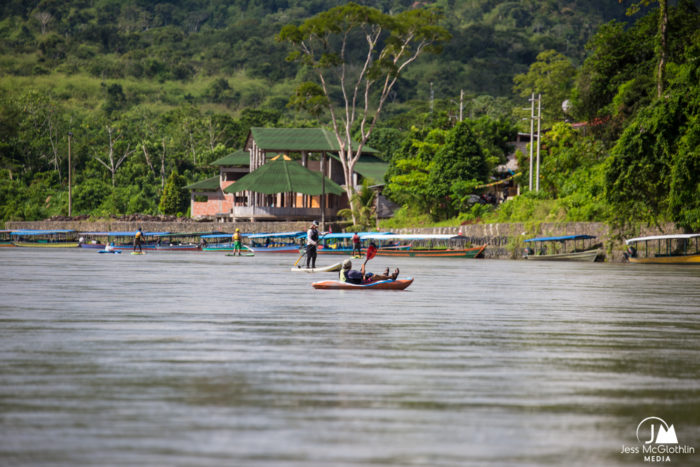
1. Hydrate! The enemy of energy is dehydration. Especially if you’re some place warm and are sweating more than normal (and maybe more than you realize), be sure to drink. Make sure your water source is reliable — purify water if you’re not sure (I like the Grayl bottle) — or drink from sealed bottles. Certain countries are notorious for refiling / resealing plastic bottles, so be smart; sometimes sparkling / seltzer water is the way to go (it’s far harder to re-seal). Drink, drink, drink.
If I’m exerting and working hard, I’ll come back to the lodge / hut / camp at night and down one bottle of water mixed with a Nuun tablet for electrolytes, balanced with another bottle of plain water. It makes a world of difference, and those little tabs are especially important if you’re losing fluids due to illness or excessive sweating.
I’m also a big fan of Wellness Formula. Three of these pills twice a day when traveling helps keep the nasties away. They’re big and don’t taste great, but they work.
2. Ensure you have the appropriate immunizations for your destination, and research any other regional health concerns. The CDC Travelers’ Health website is handy, and if you have a Global Rescue membership (well worth the money), they’re more than happy to help advise. Carry a yellow card / list with immunizations; some countries will require you show documentation.
3. Bring snacks. Even if you feel confident you’ll be able to pick up food on location, you’ll be a rock star to your fellow travelers when you magically produce a quality bar of chocolate, a small bag of jerky or even a pack of gum. The small things make a big difference, and if you’re active it’s important to keep energy (and morale!) levels high. (I was introduced to Voke Tabs on a shoot several years ago by a friend and they’re always in my bag. Vitamin C and caffeine for the win!) It’s astounding how a little taste of something familiar from home can boost flagging spirits.
Going somewhere warm? Bring something that won’t melt.
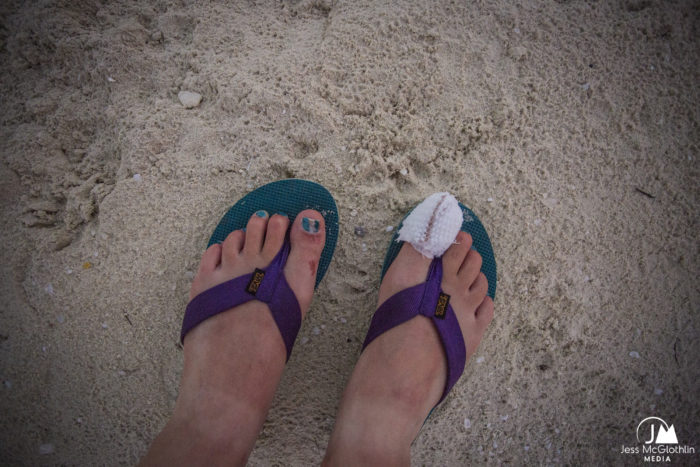
4. Pack a first aid kit, and keep it accessible. Even if your friend is a paramedic and is bringing along enough medical supplies for a small village, bring your own. At least bring along basic wound supplies (band-aids, gauze, antibiotic ointment, duct tape, wipes and wraps) and medications (cold / flu medicine, anti-diarrhea meds, enough of any prescriptions for the trip duration plus several extra days, an antihistamine and ibuprofen). Over the years I’ve customized my kit and always keep it close in a roll-top stuff sack. You may have the world’s best first-aid kit, but if it’s back at camp when Bob gashes his leg on a log, it’s not going to do anyone much good. Keep it close, and keep it stocked. Replace expired medications and re-inventory after every trip. You’ll be surprised how useful a well-outfitted kit is. Adventure Medical Kits is a good place to start.
5. Going somewhere buggy? Spray-on clothing treatment is well worth the effort. I covered my clothing with this spray before an Amazon SUP expedition last year, and with a little extra effort and a lot of DEET, came away with only a handful bug bites after 11 days in the jungle. Just do a web search for insect-spread diseases and you’ll see the value. Sea to Summit makes an awesome Insect Shield Sleeping Bag Liner that does an admirable job of keeping insects away, and it’s light and comfortable for hot, sticky nights.
Lastly, sleep! On the road, what’s normally eight hours of sleep a night becomes more like four hours a night for a few weeks. That’s the reality. Learn to catnap where you can; when exhaustion hits, you’d be surprised what looks like a good place to sleep. Get the work done, ensure your gear is secure, and take advantage of that bus or helicopter ride for a quick doze.
*With the exception of Global Rescue, I’m not sponsored by any of these companies. I just like their products.
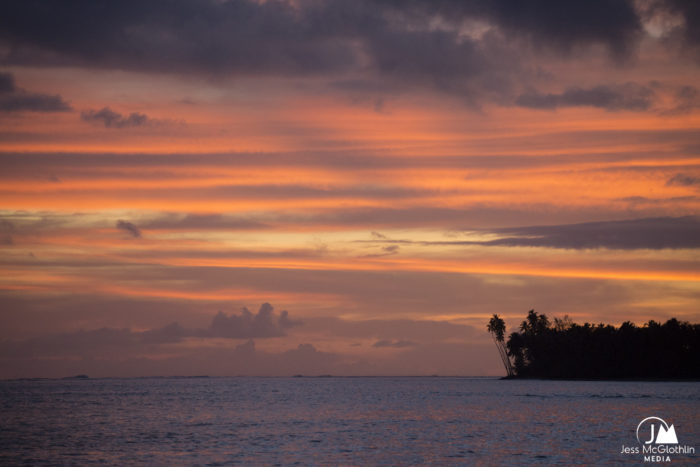
Tags: Travel







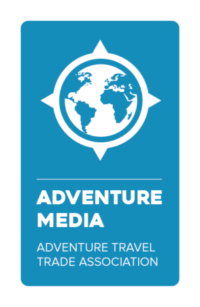


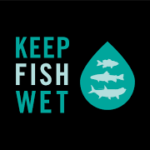
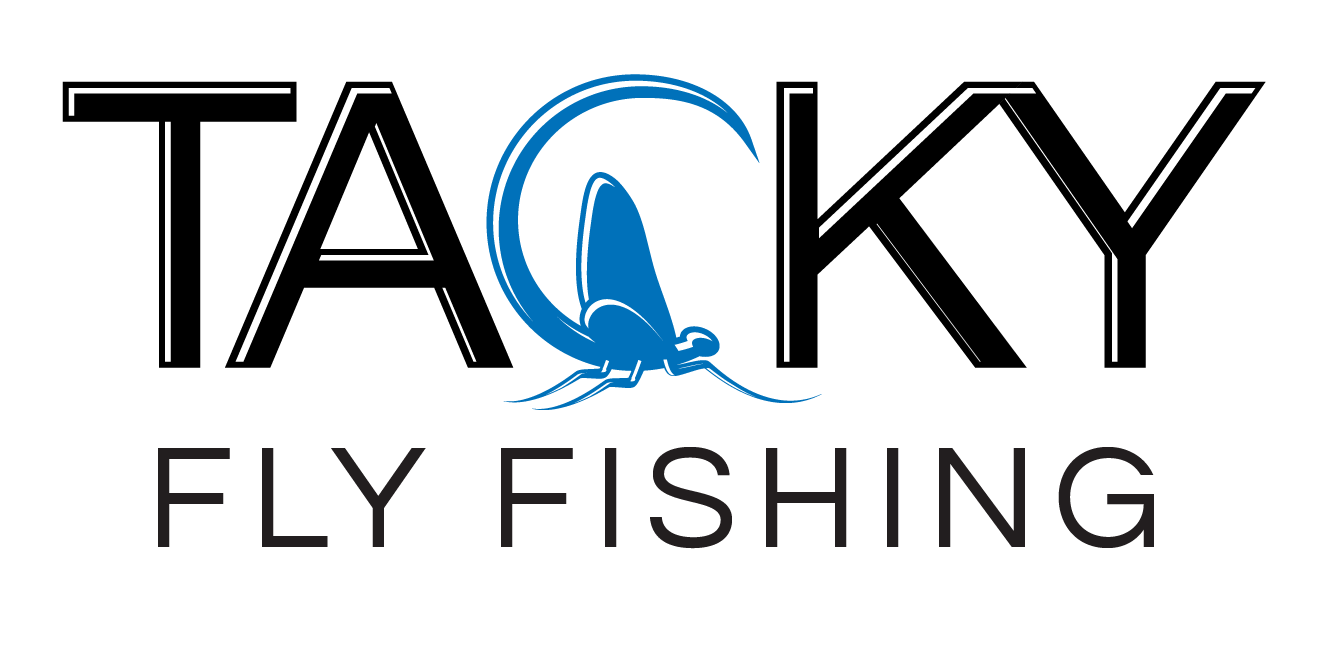
{ 4 comments… read them below or add one }
Spot on as always. Keen on these articles you have had lately, the tips are very helpful. Always wonder how pros make things work.
Very glad you find them useful! The smallest details can make the largest difference in the field!
Wash hands, wash hands, wash hands, wash hands, wash hands, wash hands. It’s the most important thing we can do at home or on a trip to stay healthy.
Great tip! Thanks.
{ 1 trackback }